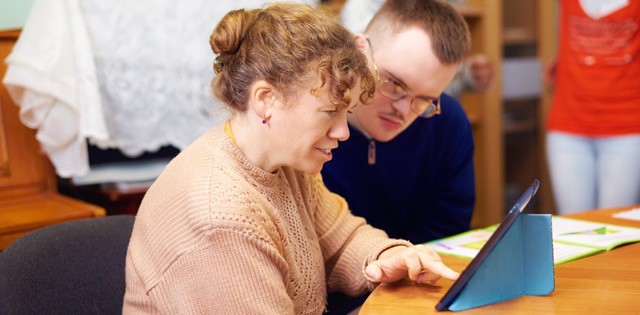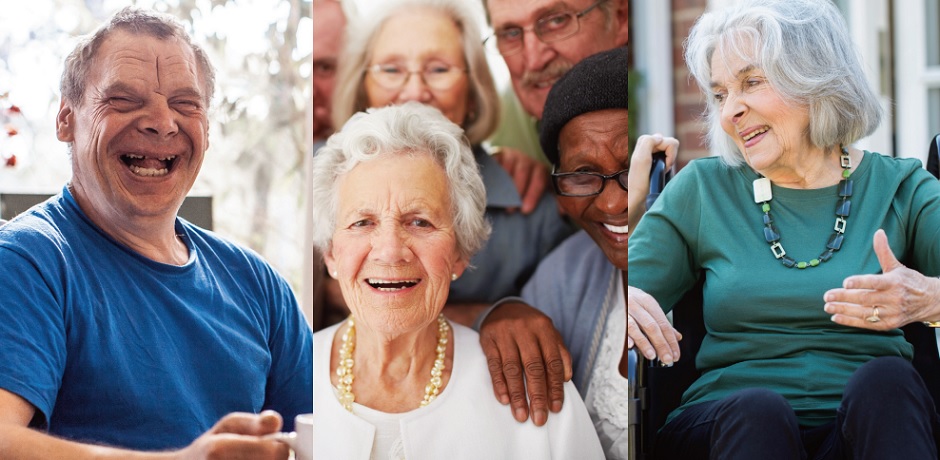)
Connecting People Implementation Study
Low organisational support and busy community mental health teams limited implementation of the Connecting People intervention, study concludes
Practitioners noted that high caseloads, understaffing and having to prioritise working with people in crisis often meant that there was limited capacity to support service users with their social connections
Connecting People is a strengths-based social care practice that can improve people’s social connections and enhance their access to social capital by helping them engage more with their local communities.
Led by Professor Martin Webber from the University of York, the Connecting People Implementation Study investigated if Connecting People could be implemented in community mental health teams (CMHTs) with high fidelity and improve outcomes for mental health service users.
The study aimed to evaluate the implementation of Connecting People by practitioners from CMHT teams in five NHS trusts. To aid practitioners, high quality implementation materials were provided by the research team. At the beginning of the study, 159 service users were recruited and interviewed using structured questions. They were interviewed again six months later and asked to provide information about their experience of being supported in developing their social connections. Focus groups examining practitioners’ experiences of implementing Connecting People were also held.
Implementation of Connecting People
To support the development of activities, resources and networks for service users, full implementation of Connecting People required that CMHTs engage fully with their local communities. A focus on the mental health needs of those in crisis or highest need meant that community engagement received a lower priority than was needed for the Connecting People model. Consequently, Connecting People was not fully implemented in the CMHTs and there was no difference in outcomes between service users of practitioners who received the implementation materials and those that did not.
The research team found that practitioners who used the Connecting People implementation materials found them helpful in framing or directing some of their work.
Barriers to implementation
There appeared to be little organisational support for the implementation of Connecting People. As a result, there was a lack of clarity about the model in most sites, due to teams not providing training on the Connecting People model.
High caseloads and understaffing also led to practitioners finding it difficult to implement the model in their practice. Most of the CMHTs were operating in part as de facto crisis teams and practitioners did not have the time, resource or capacity to focus on developing or maintaining people’s social connections.
The research team queried whether community mental health teams are the most appropriate settings in which to introduce a model focusing on social connections when those who have most regular contact with mental health professionals are largely too unwell to focus on social connections and those who are well enough tended not to have sufficient contact with practitioners for the model to be implemented.
For service users, barriers included social anxieties and financial constraints (such as payment for social activities or groups).
Service users experience
Service users in both the implementation and comparison groups stated that practitioners had supported them in connecting with other people. Participants in the implementation group did not report receiving significantly different support from those in the comparison group. However, within the implementation team that had organised and delivered the Connecting People training, most service users reported receiving support with their social connections, unlike the comparison group where most had not.
Examples of the activities service users were supported in engaging with included self-help or a form of therapy, education, training, employment, exercise and fitness, hobbies and skills and volunteering. Most of these activities occurred outside the home and involved making face-to-face connections with new people in organised settings.
Most participants in both the implementation and comparison groups reported improvements in their mental health, increased confidence and self-esteem because of their increased social connections and awareness of local opportunities.
The research team noted that it will become increasingly important for teams to consider the best way to implement models such as Connecting People if there is evidence that they improve outcomes for service users.
Full summary findings
NIHR SSCR (2021) Connecting People Implementation Study, Research Findings 114, NIHR School for Social Care Research, London.
Further information
This study was funded by the NIHR School for Social Care Research and led by Professor Martin Webber at the University of York.
The findings were completed before COVID-19 and have been published to support NIHR SSCR’s requirement that findings from all completed studies are made publicly available.
















